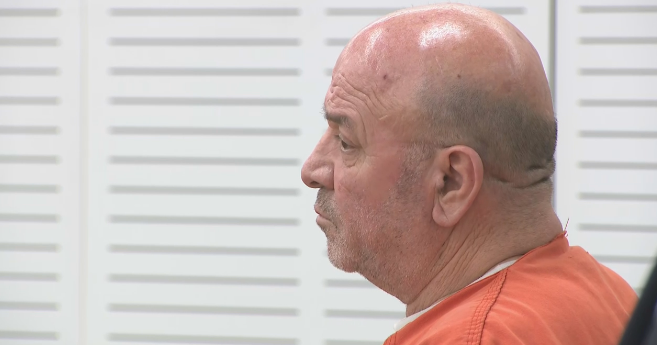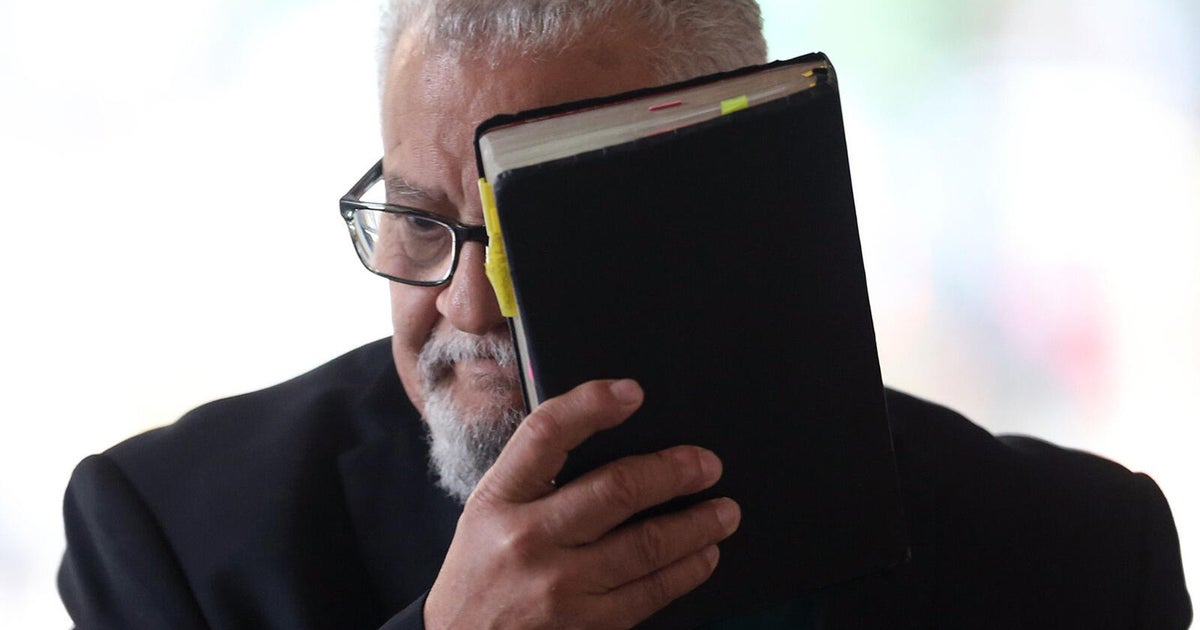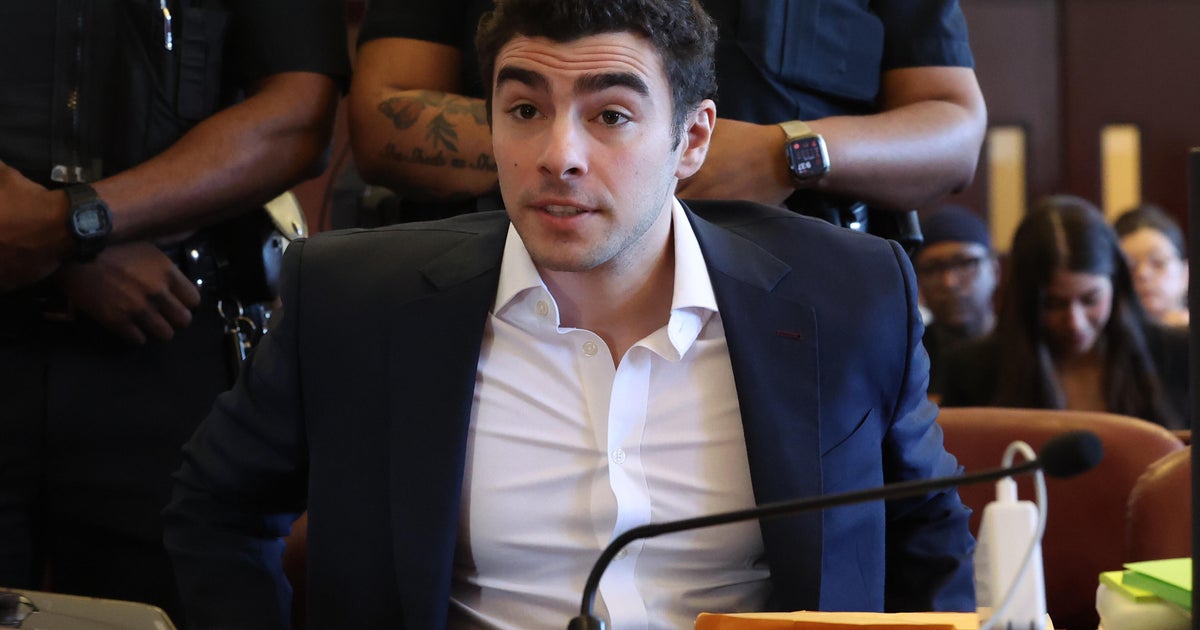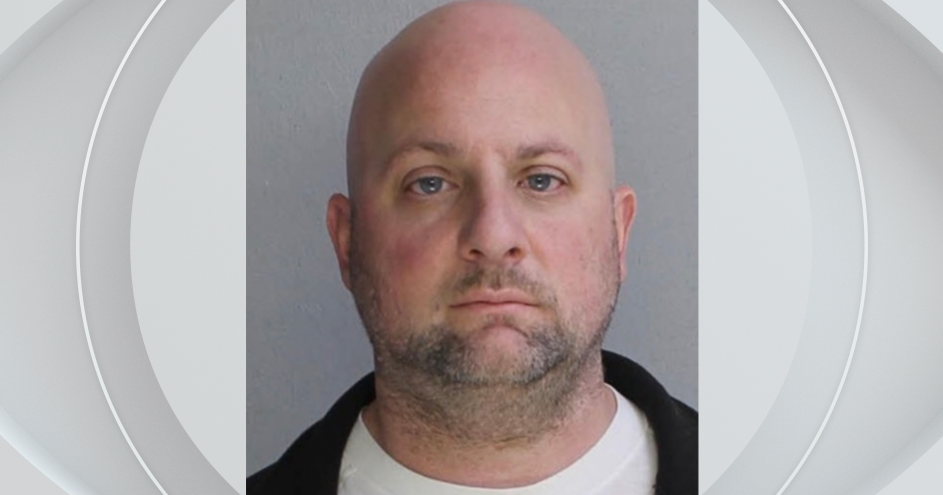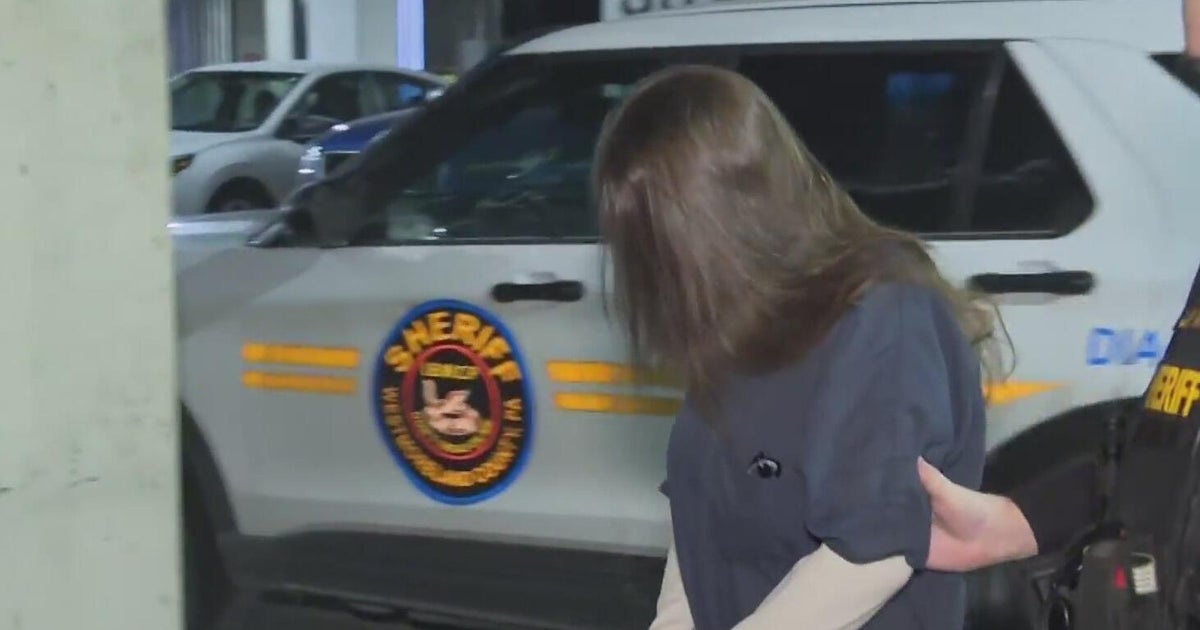William Beavers Found Guilty In Tax Trial
CHICAGO (CBS) -- A federal jury on Thursday found William Beavers guilty of tax evasion, but the defiant Cook County commissioner continued to insist he was targeted by the government.
The jury deliberated for about an hour and found Beavers, 78, guilty on all four counts of tax evasion. The verdict was read in court around 4:10 p.m.
Beavers, a former alderman, was accused of failing to report as income more than $225,000 in campaign cash he used for personal expenses, including gambling sprees at a Hammond Casino.
Beavers Found Guilty
In a wide-ranging tirade before reporters, Beavers joked and smiled but complained that he did not receive a fair trial. He expressed surprise at how quickly jurors made a decision; he did not take the witness stand.
"I guess everybody made up their mind," he said.
Beavers said he would resign if he is legally compelled to step down. The politician continued to insist the feds were getting back at him for not turning on fellow Commissioner John Daley.
He has claimed the government sought to investigate Daley, the brother of former Mayor Richard M. Daley. John Daley says he is unaware of any investigation.
"There is nobody to blame but me," said Beavers' attorney Sam Adam Jr. "I did everything I thought I could."
The defense has argued the withdrawals from the campaign fund were tax-exempt loans, and virtually all of the money was paid back, or used for legitimate campaign expenses.
Earlier, Assistant U.S. Atty. Carrie Hamilton accused Beavers of intentionally understating his income between 2006 and 2008.
She said Beavers wrote 93 checks from his campaign fund to use the money for gambling expenses at the Horseshoe Casino in Hammond, and never reported the money on his federal tax returns, or reported it as a tax-exempt loan. She said he lost nearly $500,000 total from 2006 to 2008 on the slots.
"The judge found there was no vindictive prosecution, no basis for that claim at all," Hamilton told reporters after the verdict.
Adam acknowledged Beavers might have a gambling problem, but said he used ATMs to pay for his gambling expenses, and wrote campaign checks only to cover legitimate campaign expenses. He said Beavers was repaying any campaign cash he used as loans for personal expenses.
Hamilton said Beavers kept thorough records of any campaign spending to make sure he was reimbursed, but there were no loan agreements regarding the money in question, not even an IOU written on a napkin.
Sam Adam Jr. drew objections from the prosecution when he countered in a booming voice that prosecutors "are trying to bamboozle you."
Adam suggested prosecutors twisted evidence against Beavers, and criticized an IRS agent who testified for the government, but said he wasn't good at all aspects of math. Adam said prosecutors relied on the one accountant "who couldn't add and subtract."
Zagel told Adam he seemed to be engaging in personal attacks and ordered him to stop. Beavers normally sat stone-faced but chuckled when the judge admonished Adam.
During the trial, prosecutors showed jurors dozens of checks Beavers wrote to himself on his campaign fund accounts, while he was playing the slots at the Horseshoe Casino in Hammond.
Federal prosecutors said he never declared those checks on his tax returns, and never paid taxes on that income. They also said Beavers failed to declare a $69,000 boost he gave his pension from campaign funds, as well as $1,200 per month that he received in county expense checks — falsifying check stubs to "deliberately impede the IRS."
Defense attorneys have argued that virtually all of the money in question that Beavers took from his campaign fund was either paid back or used for legitimate campaign expenses.
Beavers had repeatedly vowed to take the stand in his own defense, but decided against testifying on Wednesday when his attorneys presented their case.
(TM and © Copyright 2013 CBS Radio Inc. and its relevant subsidiaries. CBS Radio and EYE Logo TM and Copyright 2013 CBS Broadcasting Inc. Used under license. All Rights Reserved. This material may not be published, broadcast, rewritten or redistributed. The Associated Press contributed to this report.)
